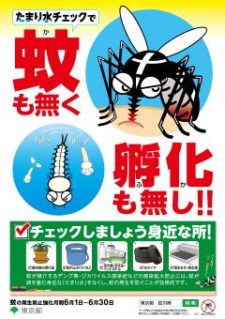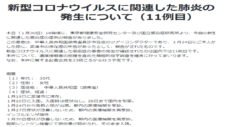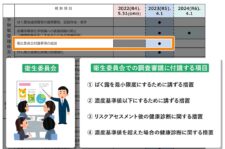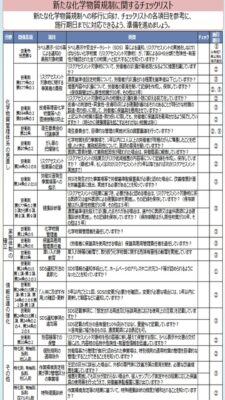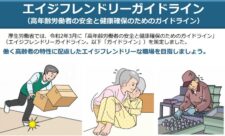マスコミは報道しない事実を産業医先にはきちんと伝えるのがプロフェッショナル産業医で知られる合同会社パラゴン(東京都港区)。
今回は厚生労働省が伝えているジカウイルス感染についてです。
厚生労働省は性行為感染症だと伝えています。
流行地域へ渡航される方へ
性行為により男性から女性パートナーへ感染した事例が報告されてます。性行為による感染等のリスクを考慮し、流行地域に滞在中は症状の有無にかかわらず、性行為の際にコンドームを使用するか性行為を控えることを推奨します。
流行地域から帰国された方へ
流行地域からの帰国者は、症状の有無にかかわらず、虫よけ剤の使用など蚊に刺されないための対策を少なくとも2週間程度は特に注意を払って行うことを推奨します。
性行為により、男性から女性パートナーへ感染した事例が報告されています。
流行地域から帰国した男女は、症状の有無にかかわらず、最低8週間、パートナーが妊婦の場合は妊娠期間中、性行為の際にコンドームを使用するか性行為を控えることを推奨します。
////////////
ただ以上では足りません。
Zika also has two very different ways it can spread, further adding to the difficulty in controlling it. It’s a mosquito-borne virus, so it is transmitted by mosquitoes—ones that are “very difficult to control,” Schuchat said—but it can also be transmitted sexually, something public health officials did not know earlier in the outbreak. So prevention requires not only mosquito control, but promoting safe sex practices, making sure people have access to contraception and know how long to wait after getting infected before trying to conceive. Well, “know” is a loose term. We don’t really know how long the virus lingers in the body, but the current recommendations are for women to wait 8 weeks and for men to wait 6 months. (The virus tends to linger in semen.)
And because the worst effects of the virus come well after the infection (which is true not just of effects on fetuses, but also of Guillain-Barré, an autoimmune disorder that can come after Zika infection in adults), it’s hard to trace and hard to predict what the ultimate extent will be. I’ve previously written about Zika as a “delayed epidemic”—on this panel, Schuchat called it a “crisis in slow motion,” as opposed to Ebola, for example, which “evolved very dramatically, very suddenly,” she said.
危険な渡航先はブラジルを筆頭とした中南米ではなくフロリダ州、インドネシア、フィリピン、タイも含まれます。
以上はすでに産業医契約先に伝え始めています。


